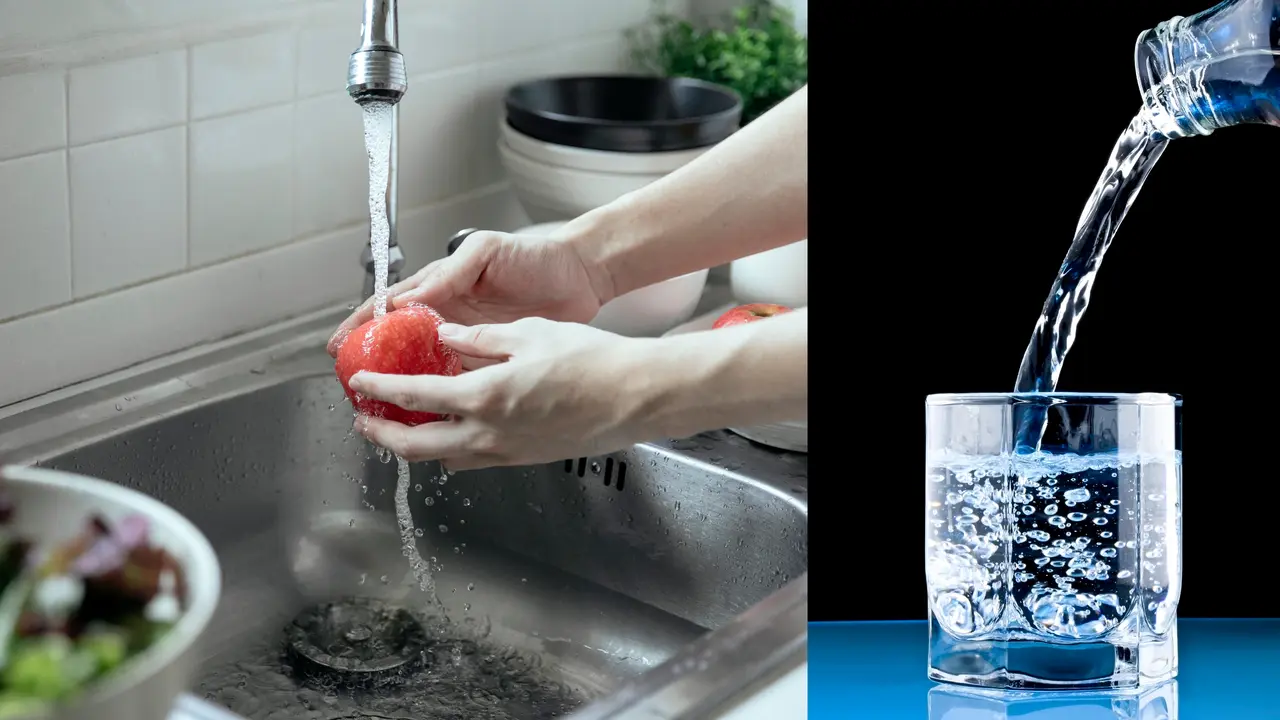Achieving pristine water quality in your home can seem like a complex task, but with the right knowledge and tools, you can enjoy clear, safe water for drinking, cooking, and cleaning. This guide will walk you through simple yet effective tips to enhance your home’s water quality in a friendly, straightforward manner.
1. Understanding Your Water Source
The quality of water available in your home shows a direct correlation with its source. It’s important to identify whether your water comes from a municipal supply, a well, or perhaps a natural reservoir. Each of these sources has unique characteristics and potential contaminants. For instance, municipal water may have residual chlorine whereas well water might be high in mineral content. By contacting your local water authority, you can access detailed reports about the quality and treatment of the water you are using. This knowledge provides a foundation for choosing the right filtration and treatment options to address specific issues present in your water source.
Getting a professional water test is another proactive step. Testing offers a comprehensive overview of contaminants that are not always visible to the naked eye, such as lead or agricultural chemicals. A reliable resource for such assessments is the Safe Drinking Water Hotline, which can guide you to professional water testing services in your area. Understanding these elements allows for tailored solutions to specific challenges you might be facing regarding water quality, ensuring the next steps you take will be highly effective.
2. Installing Effective Filtration Systems
Selecting the appropriate water filtration system can fundamentally transform the quality of water in your home. Systems like activated carbon filters are particularly adept at eliminating bad tastes and odors alongside chlorine, while reverse osmosis systems offer thorough purification by removing even the tiniest of impurities. However, it’s critical to choose a system that aligns with your specific needs, as highlighted when choosing the right filtration system. Consider factors such as water consumption, space, installation, and maintenance before settling on a choice.
Installation is a pivotal stage that can dictate the system’s effectiveness. Whether opting for professional fitting or a DIY approach, make sure that all components are assembled correctly. Follow manufacturer guidelines meticulously and don’t hesitate to reach out to customer service for any clarifications during installation. Ensuring a proper setup will lead to better system performance and longer lifespan, guaranteeing clean, enhanced water quality for years to come.
3. Regular Maintenance of Plumbing Systems
Routine maintenance of your plumbing system is crucial to maintaining your water quality. This process involves checking for leaks, corrosion, and accumulation of sediments which can compromise the integrity of your pipes. A small leak can introduce contaminants such as dirt and bacteria into your water supply. Routine maintenance helps in spotting these issues early, allowing for timely repairs.
4. Using Water Softeners
Dealing with hard water, which is often packed with unwanted minerals, can be quite a nuisance in many homes. One simple solution to enhance your water quality is the use of water conditioners, like polyphosphate systems. These nifty systems work by coating the hard minerals—such as calcium and magnesium—so they don’t adhere to your plumbing and appliances. Unlike traditional water softeners, which swap out hard minerals for sodium or potassium, polyphosphate conditioners let those minerals stay in the water while preventing them from causing buildup.
This means your pipes and appliances will thank you by lasting longer and working more efficiently, and you’ll enjoy a better lather with your soap too! You might even notice improvements in your skin and hair, as the water feels softer without the hassle of harsh exchanges. Plus, investing in a water conditioner can offer peace of mind, knowing that you’re treating your home’s water problem effectively and conveniently. So say goodbye to the annoyances of hard water and hello to enhanced water quality that makes your daily routines smoother!
5. Regular Testing for Contaminants
Even with a robust filtration and softening system, periodic testing for contaminants is non-negotiable. Not only does it offer peace of mind, but it can identify emerging issues that might not have been present at the time of the initial installation. Testing kits are available for in-home use and cover a range of contaminants including lead, pesticides, and bacteria. Alternatively, you can employ a professional service, ensuring your tests cover both expected and unexpected pollutants. By maintaining regular water tests, you can ensure that your family’s water intake remains within safe and healthy limits.
6. Keeping Your Water Storage Clean
Whether using a water tank or simple pitchers, keeping your storage containers clean is crucial to maintaining water quality. Regular cleaning helps prevent bacteria proliferation and sediment buildup. Depending on the type and use of your storage container, the cleaning frequency can vary. Plastic containers are commonly used due to their lightweight and durable nature. However, they must be cleaned more often compared to other materials to prevent the buildup of harmful microorganisms. Steel or glass containers, on the other hand, might be more resistant but still require maintenance to ensure safe water storage.
7. Utilizing Natural Purifiers
Nature offers some incredible ways to purify water that can complement your existing systems. For instance, sunlight effectively neutralizes many harmful bacteria and viruses. This process, known as solar disinfection, simply requires placing clear water containers in direct sunlight for a few hours. Additionally, certain plants such as water hyacinths can absorb impurities from water when used in a garden pond setup. These eco-friendly methods are not only cost-effective but also add to the sustainable practices one can adopt at home, providing enhanced natural water purity without chemicals or high maintenance costs.


